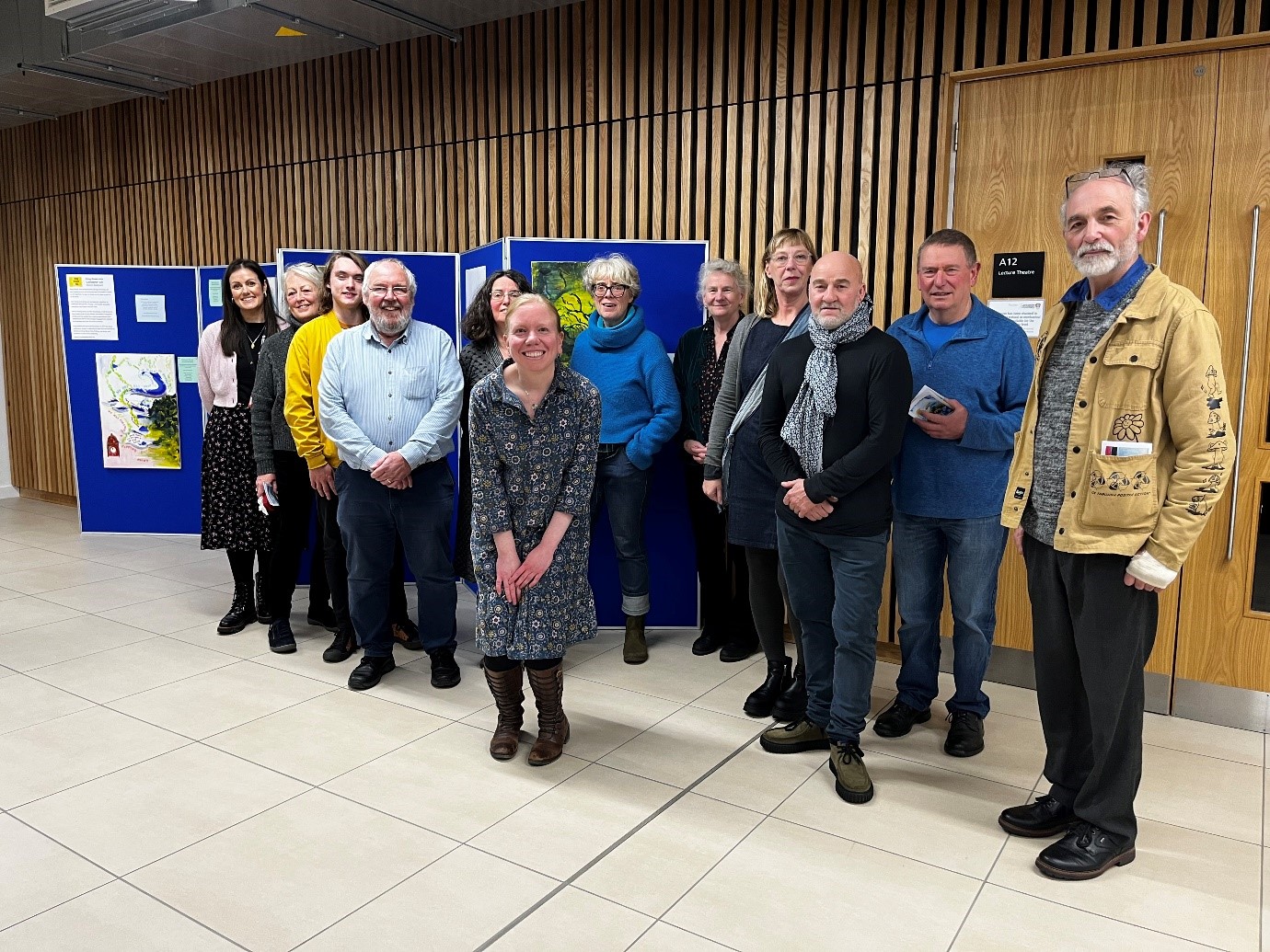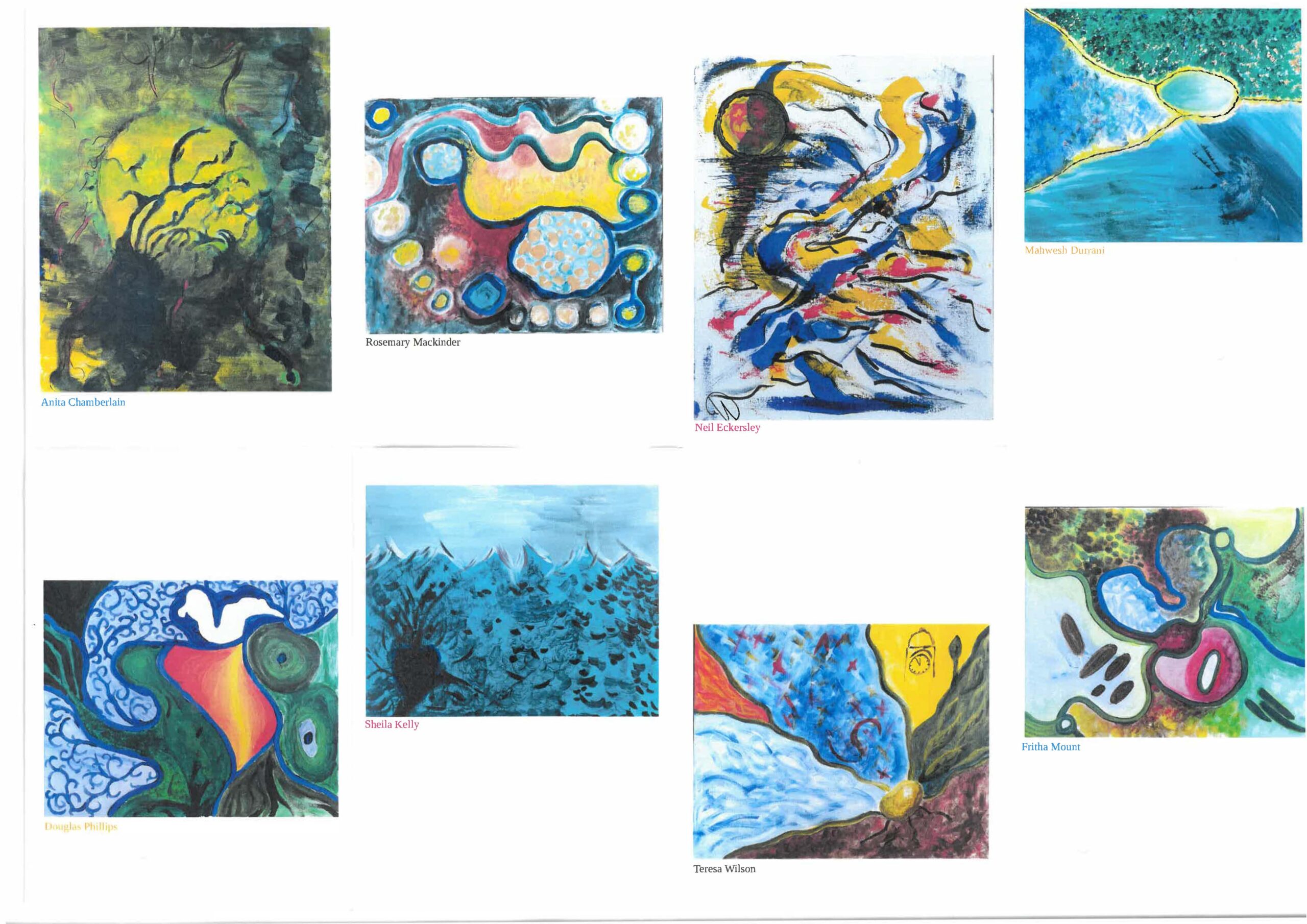Understanding climate change and what that means to our health and inequalities through creativity

By Equitable Place-Based Health and Care, theme lead Professor Heather Brown.
As a quantitative researcher, meaningfully engaging the public in research is something I struggle with. How can I ensure that my research makes a real difference to people’s health and well-being? On the face of it, running statistical model evaluating the impact of policy on health outcomes does not seem like it would be that interesting to most people. There are obviously a few people like me who do think that is really exciting and interesting, but I think we are exceptions to the rule!
I remember my first experience trying to discuss my research with real people. It was a bit of a disaster. I hadn’t been able to explain what data we had and what was possible with statistical analysis so we had lots of interesting suggestions on things we could look at, but none of them were feasible with the available data. I felt like we wasted the time of people who came to that meeting as 99% of their suggestions we couldn’t do. Since, then I have been thinking, what else can I do, to meaningfully engage people in the research.
During a fit of procrastination one cold, wet day last November, I came across an art exhibit about menopause. I was PI on an ADA award from the NIHR on ‘Exploring the Evidence Gaps Related to the Priorities of Local Authorities for Mitigating the Health and Health Inequality Impacts of Climate Change’ and I was struggling to think about how we could gain insights from people about our findings and shape the overall recommendations for future research. Could creating art be the answer? So, I got in touch with King Street Arts, who had facilitated the menopause workshop if this was something they could help with. And it was, so we spent the next three months organising 4 workshops on painting and creative writing to get people to think about the health and health inequality impacts of climate change.
The workshops were a success (if I do say so myself!). We had about 20 people of different ages and experience come. They created amazing things and responded to the research in ways I could not have imagined. It was really interesting to see the variation of how people visually responded to the threat of climate change and what that means to our health and inequalities in health.
We had an opening last Thursday for workshop participants. It was great to see everyone and hear more about what the workshops meant to them. I think it was really nice that everyone had an output that they made and could share and potentially hang up in their living room, rather than feeding into a research output, which may mean less to someone not working in academia. Participants brought family members and friends.
We also got really interesting recommendations around supporting community resilience that we would not have got from a focus group explaining our regression results!
The art and writing outputs are currently on display (until 23 November) at Health Innovation One at Lancaster University. I will definitely be doing this again!
(Pictured below is a selection of artwork from the session.)
